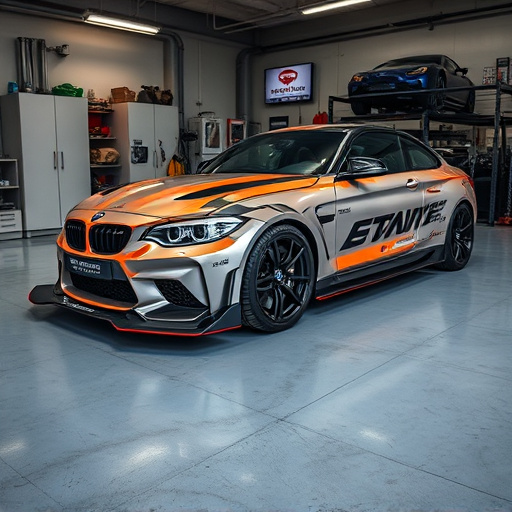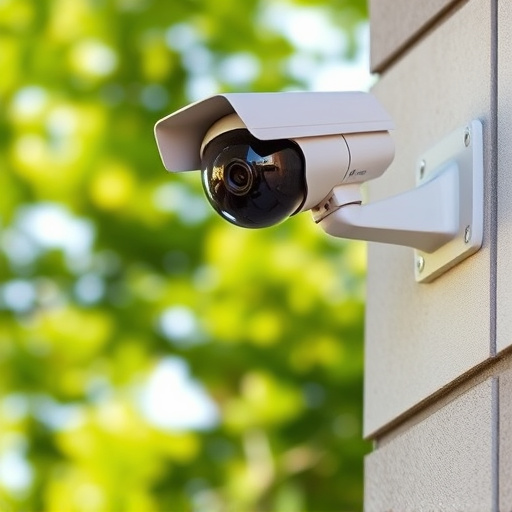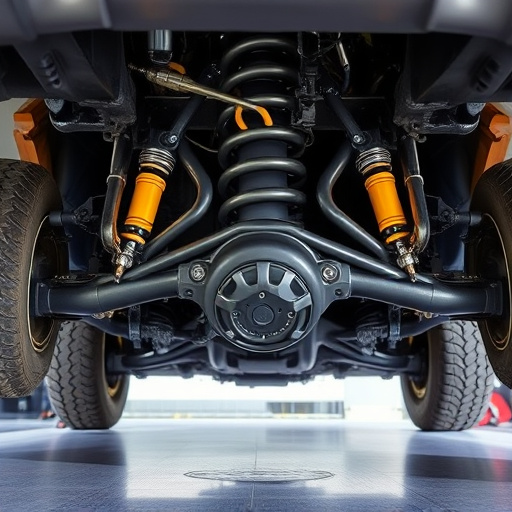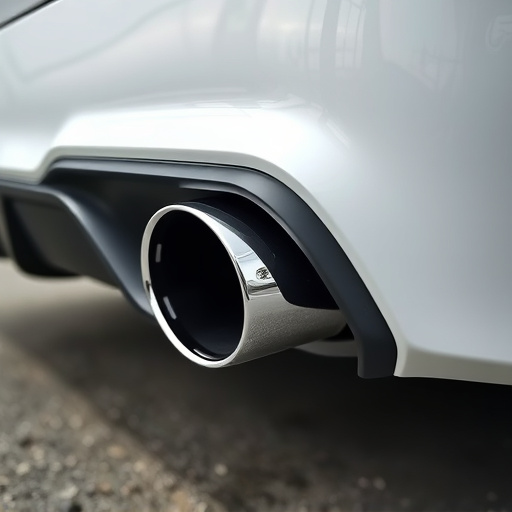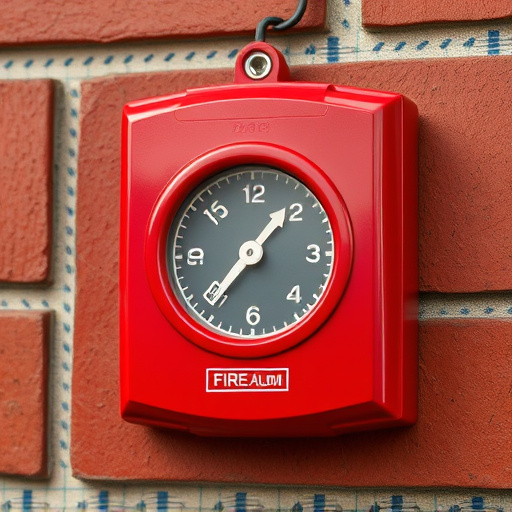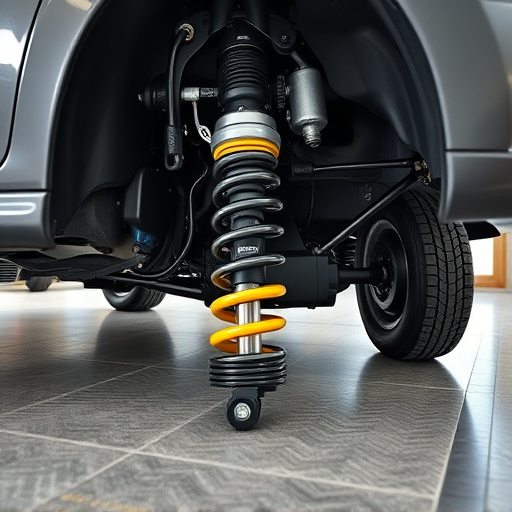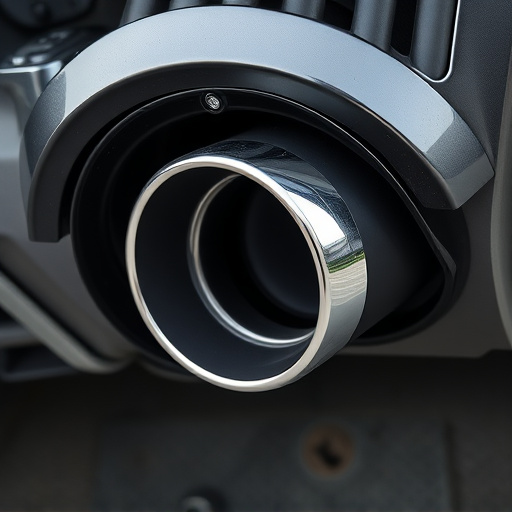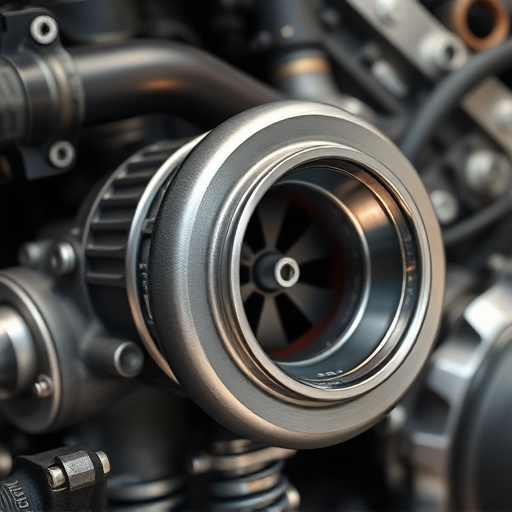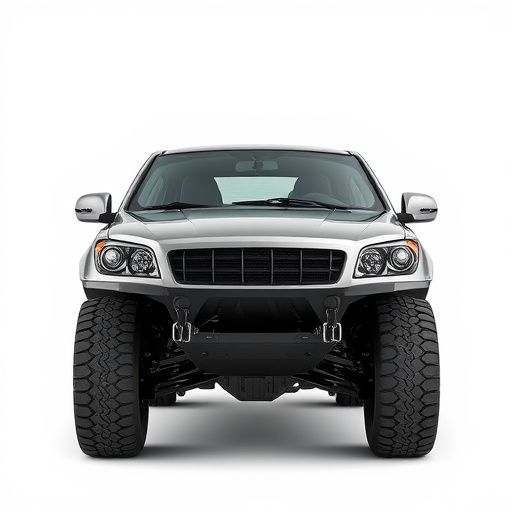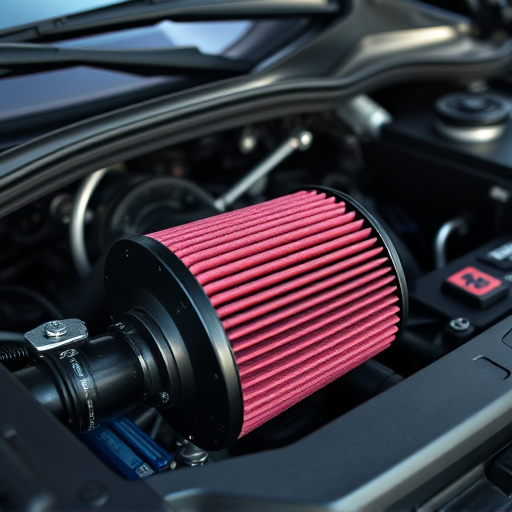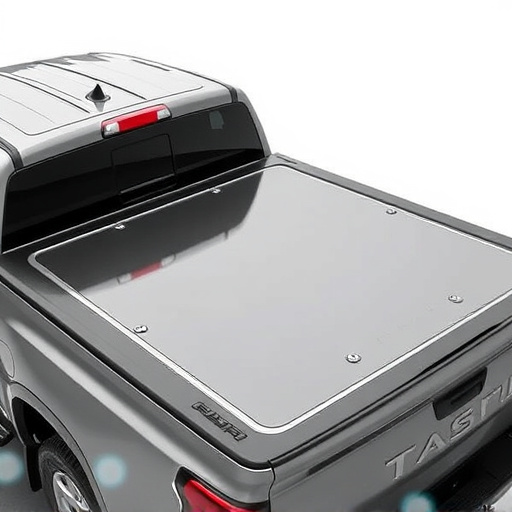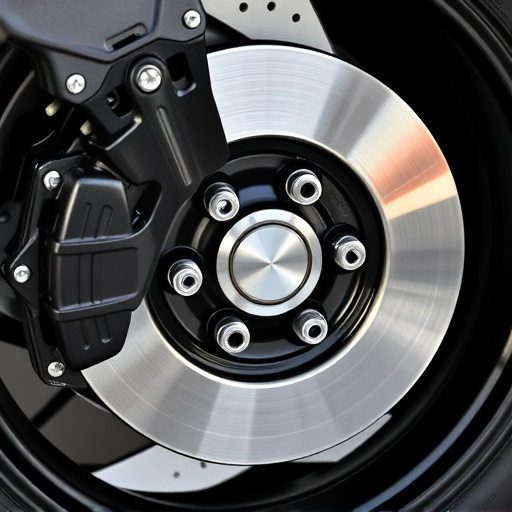Drop-in air filters can impact engine noise, with high-flow filters potentially making engines louder but also offering sportier exhaust notes. Conversely, well-designed filters using lighter materials can reduce noise levels without compromising power. The sound a drop-in filter creates depends on its design and materials, allowing for customization of an engine's desired sound profile while maintaining optimal airflow.
“Wondering if a drop-in air filter can make your engine louder or quieter? This comprehensive guide explores the impact of these filters on engine noise. From understanding how drop-in air filters work to examining the role of material and design, we delve into the factors affecting sound levels. Additionally, we balance performance enhancements with desired quiet operation, offering insights for informed decisions regarding your vehicle’s engine.”
- Understanding Drop-In Air Filters and Engine Noise
- How Material and Design Impact Sound
- Balancing Performance and Quiet Operation
Understanding Drop-In Air Filters and Engine Noise
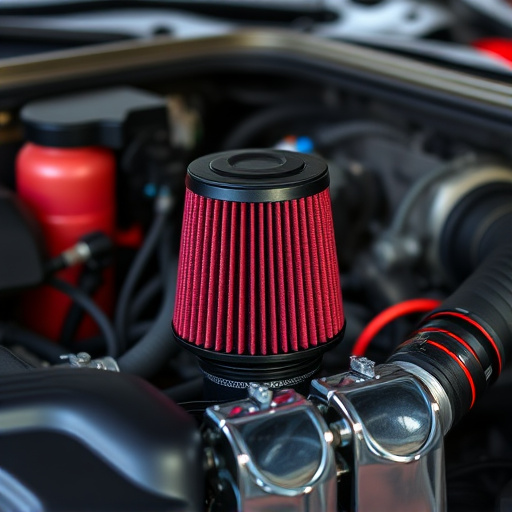
Drop-in air filters are a popular modification among car enthusiasts looking to enhance their vehicle’s performance and aesthetics. These filters are designed to be direct replacements for the stock air filter, offering improved airflow and, consequently, increased engine power. However, one common concern among drivers is whether these drop-in air filters will make their engines louder or quieter.
When it comes to engine noise, the impact of a drop-in air filter can vary depending on several factors. On one hand, a high-flow performance air filter can reduce backpressure in the intake system, allowing for smoother air flow and potentially resulting in a slightly deeper, more aggressive exhaust note. This is often welcomed by those seeking a sportier sound. On the other hand, poorly designed or poorly installed drop-in filters might actually increase noise levels due to turbulence or restrictions in airflow. Contrary to popular belief, not all louder engines are necessarily better performing, and a quiet yet powerful engine is achievable with the right components, including high-quality drop-in air filters that are optimized for both performance and noise reduction. In fact, many modern coilover kits come equipped with sophisticated air filtration systems that strike a balance between improved performance and maintained engine whisperness.
How Material and Design Impact Sound
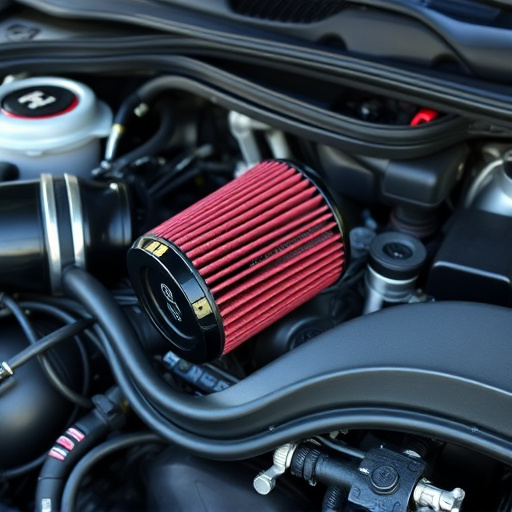
The material and design of a drop in air filter play a significant role in determining its impact on engine sound. Different media used in filtration can alter airflow, leading to variations in noise levels. For instance, denser materials like high-efficiency particulate (HEP) filters may create more friction, potentially resulting in a slightly louder engine operation compared to less restrictive cotton or synthetic wool options.
Furthermore, the design of the filter itself—including its shape, pleat configuration, and overall airflow pattern—influences sound propagation. Well-designed drop in air filters often incorporate noise-dampening features like acoustic linings or specialized media that help absorb resonances and reduce turbulence, ultimately contributing to a quieter engine bay. When selecting an air filter kit or performance air filters, considering these factors ensures not only optimal airflow but also a harmonious blend with your vehicle’s overall sound profile.
Balancing Performance and Quiet Operation
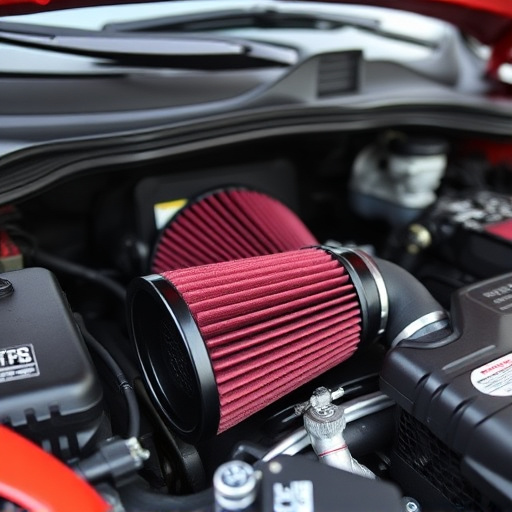
Many enthusiasts often wonder if swapping out their vehicle’s air filter with a drop-in model will significantly alter its engine sound, making it either louder or quieter. The answer lies in understanding that different types of air filters can indeed impact an engine’s noise level, but not always as expected. When it comes to balancing performance and quiet operation, the effect depends on several factors, including the filter’s design and materials used.
Drop-in air filters are designed for easy installation and direct replacement, often claiming to offer enhanced airflow and better engine performance. While these filters may not necessarily make an engine louder, they could potentially contribute to a slightly different sound profile. Some high-performance filters might include additional components or modifications that can alter the exhaust note, especially when paired with other upgrades like custom muffler tips or exhaust tips. Conversely, quieter operation is achievable with carefully engineered filters designed to minimize turbulence and noise without compromising airflow, ensuring a more refined driving experience.
Drop-in air filters can significantly impact engine sound, but whether they make the engine louder or quieter depends on the material and design chosen. By understanding these factors, enthusiasts can balance performance gains with quiet operation, ensuring a harmonious driving experience. When selecting a drop-in air filter, prioritize high-quality materials and thoughtful design to maintain or even reduce engine noise, thereby enhancing both performance and tranquility on the road.


